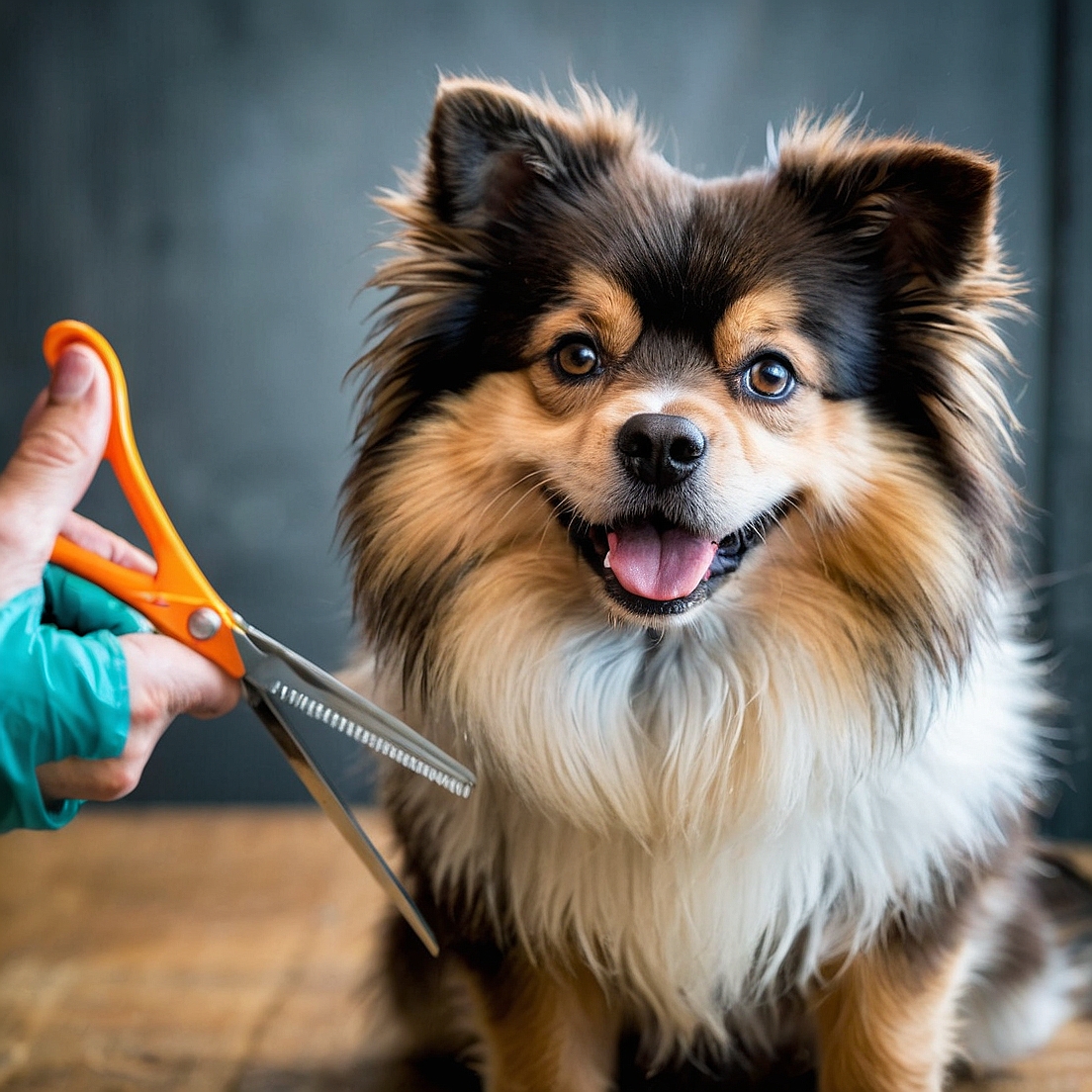As a long-time dog owner and enthusiast, I’ve had the privilege of working with numerous professional groomers over the years. One question that often comes up in conversation is: what exactly does a professional groomer do? It’s a valid inquiry, especially considering the importance of proper grooming for our canine companions’ health, hygiene, and overall well-being. In this article, we’ll delve into the world of dog grooming and explore the multifaceted role of a professional groomer, including their responsibilities, required skills, and the benefits they provide to both dogs and their owners.
Introduction to Dog Grooming
Dog grooming, also known as pet grooming or animal grooming, encompasses a wide range of activities designed to maintain a dog’s physical and mental health. It involves cleaning, trimming, and styling their coats, as well as attending to their nails, ears, and teeth. A professional groomer is tasked with ensuring that each dog in their care receives the attention and care they need to look and feel their best. This is not just about aesthetics; proper grooming plays a crucial role in preventing health issues, such as skin irritations, matting, and tangling of fur, which can be painful and even lead to more serious problems if left unchecked.
The Role of a Professional Groomer
A professional groomer’s role extends far beyond simply cutting and styling a dog’s coat. They are responsible for assessing each dog’s specific needs, taking into account factors such as breed, age, health, and temperament. This expertise allows them to tailor their services to meet the unique requirements of each canine client. For instance, a groomer working with a senior dog might focus on gentle, low-stress handling and techniques to avoid exacerbating any existing health conditions. Similarly, puppies require specialized care to help them become comfortable with the grooming process from an early age.
In my conversations with experienced groomers, they often emphasize the importance of patience, understanding, and communication. A good groomer must be able to read a dog’s body language, recognizing signs of stress or discomfort, and adjust their approach accordingly. This not only ensures the dog’s safety and well-being but also helps build trust between the dog, the groomer, and the dog’s owner. Furthermore, professional groomers are knowledgeable about different breeds and their specific grooming needs, allowing them to provide expert advice to owners on how to maintain their dog’s health and appearance between grooming sessions.
Responsibilities of a Professional Groomer
The day-to-day responsibilities of a professional groomer are varied and demanding. They include:
- Assessing and understanding the grooming needs of each dog, including the type of coat, any health issues, and the owner’s preferences.
- Performing baths and cleans, which involve shampooing, conditioning, and rinsing, as well as drying and brushing the dog’s coat.
- Styling and trimming, which can range from simple nail trimming and ear cleaning to complex cutting and styling techniques.
- Providing health checks, such as inspecting for parasites, checking for signs of skin conditions, and monitoring the dog’s overall health.
- Communicating with owners, including discussing the dog’s needs, providing advice on at-home care, and offering guidance on preventing common health issues.
Skills Required to Be a Professional Groomer
To excel in their role, a professional groomer needs a combination of technical skills, knowledge, and personal qualities. Technical skills include proficiency in various grooming techniques, such as clipping, scissoring, and hand-stripping, as well as the ability to use grooming equipment safely and effectively. Knowledge of dog behavior, psychology, and health is also crucial, enabling groomers to recognize potential issues and tailor their approach to each dog’s unique needs.
In addition to these technical and knowledge-based skills, a professional groomer must possess excellent interpersonal and communication skills. They must be able to listen to and understand the concerns and preferences of dog owners, providing clear, empathetic, and professional advice and support. Patience, empathy, and the ability to remain calm under pressure are also essential, as groomers often work with dogs that may be anxious, fearful, or simply not enjoying the grooming process.
Benefits of Professional Grooming
The benefits of professional grooming extend far beyond the aesthetic appeal of a well-groomed dog. Regular grooming sessions can help prevent a range of health issues, from skin irritations and matting to more serious conditions like hip dysplasia and ear infections. By identifying potential health problems early, professional groomers can play a vital role in maintaining a dog’s overall health and well-being.
Moreover, professional grooming can have a profound impact on a dog’s mental health and behavior. A clean, healthy coat and well-maintained nails and ears can boost a dog’s confidence and reduce stress, leading to a happier, more well-adjusted pet. For owners, the peace of mind that comes from knowing their dog is receiving the best possible care is invaluable, strengthening the bond between dog and owner and enhancing the overall quality of their relationship.
Conclusion
In conclusion, the role of a professional groomer is multifaceted and demanding, requiring a unique blend of technical skills, knowledge, and personal qualities. By understanding the complexities of dog grooming and the important responsibilities that professional groomers undertake, we can better appreciate the value they add to the lives of dogs and their owners. Whether you’re a seasoned dog owner or just welcoming a new furry friend into your family, recognizing the importance of professional grooming can make all the difference in ensuring your dog leads a happy, healthy life.
As we’ve explored the world of dog grooming and the role of professional groomers, it’s clear that their work is about more than just making dogs look good – it’s about providing a service that enhances the health, happiness, and well-being of our canine companions. By supporting and valuing the work of professional groomers, we can help ensure that dogs everywhere receive the care and attention they deserve, leading to stronger, more meaningful relationships between dogs and their owners.
